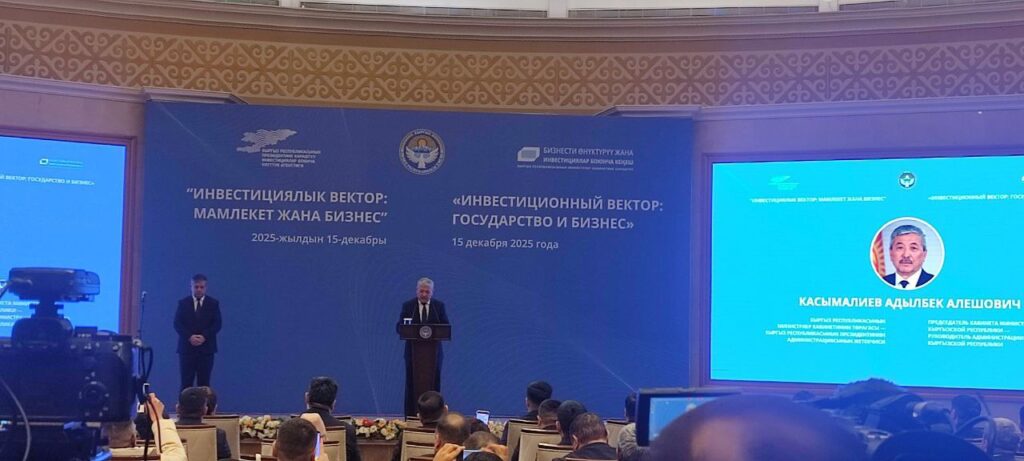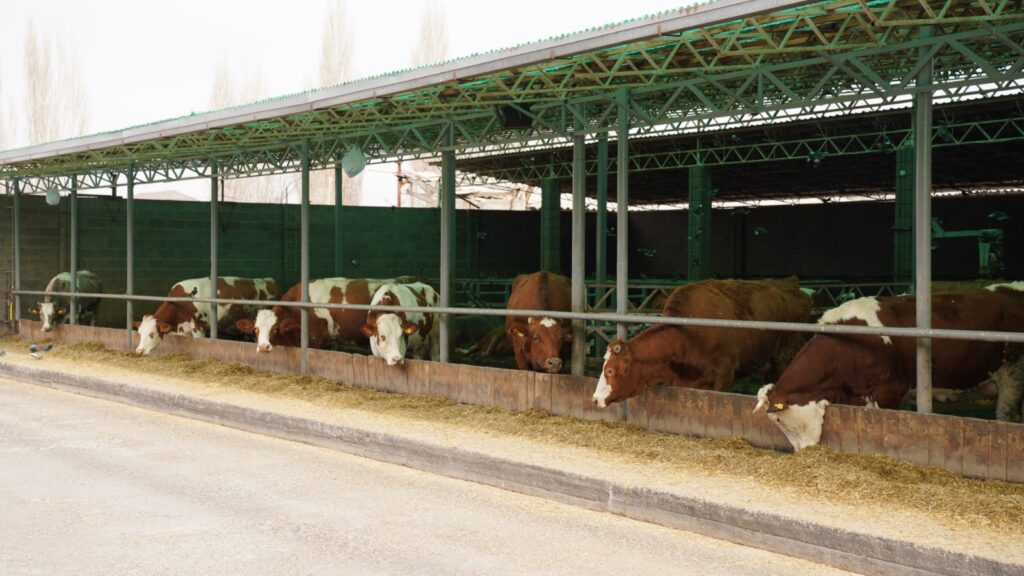BISHKEK (TCA) — The 30-strong Swiss delegation including representatives from parliament, cantonal governments and the private sector, headed by the Swiss Minister of Economic Affairs, Education and Research, Mr. Johann N. Schneider-Ammann, visited Kyrgyzstan on July 13-15.
The purpose of the visit to Kyrgyzstan was to identify business opportunities for Swiss firms, to foster relations with Kyrgyzstan as a member of the same voting groups in the World Bank and the IMF, and to see whether the support provided under Switzerland’s development cooperation program is relevant and effective, the Embassy of Switzerland in the Kyrgyz Republic said.
Over the years, Switzerland has provided around CHF 370 million in grants to support the transition of the Kyrgyz Republic to a functioning democratic system and a sustainable market economy. The “Swiss Cooperation Strategy for Central Asia 2017-2021” foresees a total budget of about CHF 100 million for Kyrgyzstan for five years. Support to the Kyrgyz government in improving the business climate and to the Kyrgyz private sector to develop and create jobs is an important endeavour of the Swiss cooperation program in Kyrgyzstan.
During his visit, Minister Johann N. Schneider-Ammann met with the Prime Minister of the Kyrgyz Republic Mr. Muhammedkalyi Abylgaziev, the Minister of Finance Adylbek Kasymaliev, and with the Deputy Minister of Economy Eldar Abakirov.
During its stay in Bishkek, the Swiss delegation met with representatives of the Kyrgyz private sector, as well as the Swiss business community in Kyrgyzstan. The Swiss Minister visited a local company that benefited from the support of the Swiss Cooperation under the Small Business Initiative Program. This program helps small and medium-sized enterprises to get access to financial and advisory services, which will improve their performance and enable them to grow further and create jobs.
Swiss and Kyrgyz representatives had constructive discussions on topics of mutual interest, in particular on the opportunities and challenges for the Kyrgyz economy in the context of regional initiatives like the Eurasian Economic Union and the Belt and Road Initiative. Swiss foreign direct investments – mainly in tourism, dairy and services – so far remain modest, but members of the delegation noted that they could increase provided international quality and sanitary standards and other issues could be addressed. In this regard, Minister Schneider-Ammann stressed that Switzerland stands ready to provide support to Kyrgyzstan in strengthening its national quality system and in enhancing trade facilitation.
Before coming to Kyrgyzstan, the Swiss delegation visited Azerbaijan, Kazakhstan, and Uzbekistan.









